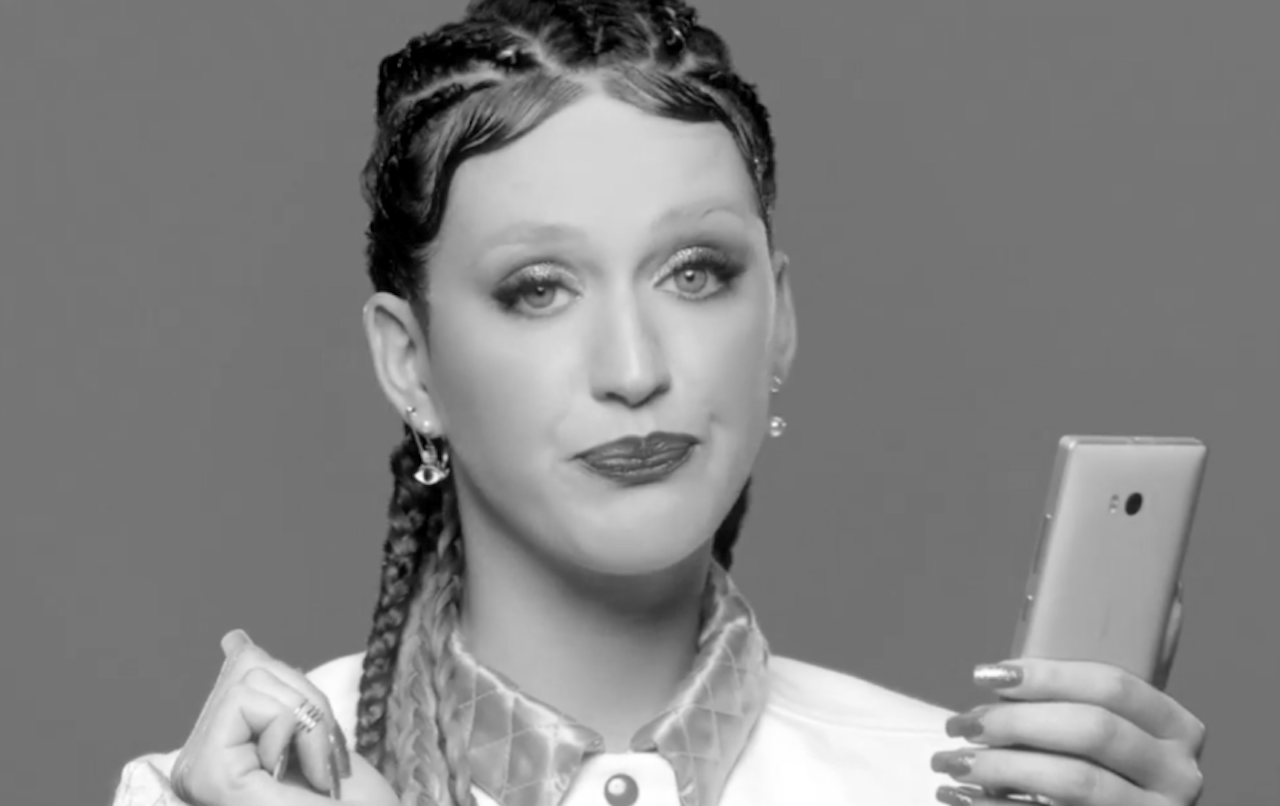Celebrities are just like us: They’re always fucking up. And like any regular person, sometimes they have to apologize for it. But unlike the average civillian, celebrity fuckups happen under a microscope. And mistakes as seemingly innocuous as dropping a flag on the ground or as significant as lying about being held at gunpoint in a Rio de Janeiro gas station can become international news headlines. In such cases, apologies are more than just socially advised, they’re critical damage control, strategized by entire teams of PR experts.
The key to a good apology is leaving ego at the door and focusing on the person or people who have been hurt. But, on the other hand, the key to being a good celebrity is embracing ego and using every moment as an argument for why the public should continue to pay attention to you. Maybe those two opposing relationships are what make celebrity apologies so hard to accept. There’s something undeniably disingenuous about an apology from someone who is essentially a salesperson.
Such has been the case over the past couple of weeks as pop star Katy Perry and comedian Bill Maher have have been taken to task for perpetuating racism in their work and, in response to the criticism, made literal shows of contrition in the hopes of winning audiences back. But both have made the biggest mistake when it comes to saying sorry. They talk too much while saying very little. And as social media reactions to their apologies have suggested, it’s hard to believe that they’ve thought through their offending actions. Especially considering what’s at stake: promoting Perry’s new album Witness and saving Maher’s show from cancellation, a tangible threat considering that lesser controversies have caused other hosts to lose their shows in the past year. It’s hard to think of many successful celebrity apologies in recent history, but Perry’s and Maher’s in particular are great illustrations of how celebrity apologies fail.
Maher was first to the sorry party. After referring to himself as a “house nigger” on his HBO show Real Time with Bill Maher, he issued an apologetic statement: “Friday nights are always my worst night of sleep because I’m up reflecting on the things I should or shouldn’t have said on my live show. Last night was a particularly long night as I regret the word I used in the banter of a live moment. The word was offensive and I regret saying it and am very sorry.”
So… he did it because he was tired? Maher repeated his apology, defensive statements and all, during the next episode of his show. In a conversation with Georgetown University sociology professor Michael Eric Dyson, he said: “The comic mind goes to a weird place...That is why I apologize freely and I reiterate it tonight. That is sincere.”
In one widely circulated clip from that episode, Ice Cube calmly explained to Maher why he should not say the n-word and how his black jokes make him “sound like a redneck trucker a little bit,” to which Maher responded with defensiveness, again.
Katy Perry, too, has been repeatedly called out for racist actions in the past. In her “This Is How We Do” video she sports cornrows, gelled baby hairs, and assumed a “blaccent”; she performed at the 2013 American Music Awards in what some called “yellowface”; music producer Mano claims that Perry repeatedly called him “nigga” in 2013, just to name a few examples.
Nevertheless, her ignorant missteps continue. She touched upon her own inability to hear call-outs in a recent conversation with activist Deray McKesson, which Bossip hilariously described as a “culture vulture exorcism.” During the conversation, which took place during a 72-hour promotional livestream and is now available on McKesson’s “Pod Save the People” podcast, Perry acknowledged that she has reacted to criticism with defensiveness in the past. And then she gave into that instinct yet again, by taking more time to explain herself to McKesson than to listen to his insights.
I'm proud of Katy for acknowledging her mistakes with cultural appropriation. She's learning pic.twitter.com/uyHd3upmzx
— la bella vita (@drugproblem) June 11, 2017
Someone on Perry’s and Maher’s staffs had the beginnings of the right idea when they thought to invite black people onto their respective platforms for discussion. But those intentions went south each time those guests were turned into token sounding boards for Perry’s and Maher’s feelings, rather than individuals with valuable and powerful perspectives worth being amplified. With activism and wokeness being trendier than ever, there’s no better time for PR teams to switch from defensive to reparative apologetic statements.
And so here’s one big lesson for Perry, Maher, and other celebrities whose inevitable slip-ups reveal just how little they have thought about their roles in perpetuating racism or other forms of oppression: Shut up and listen. Stop making it about you.


